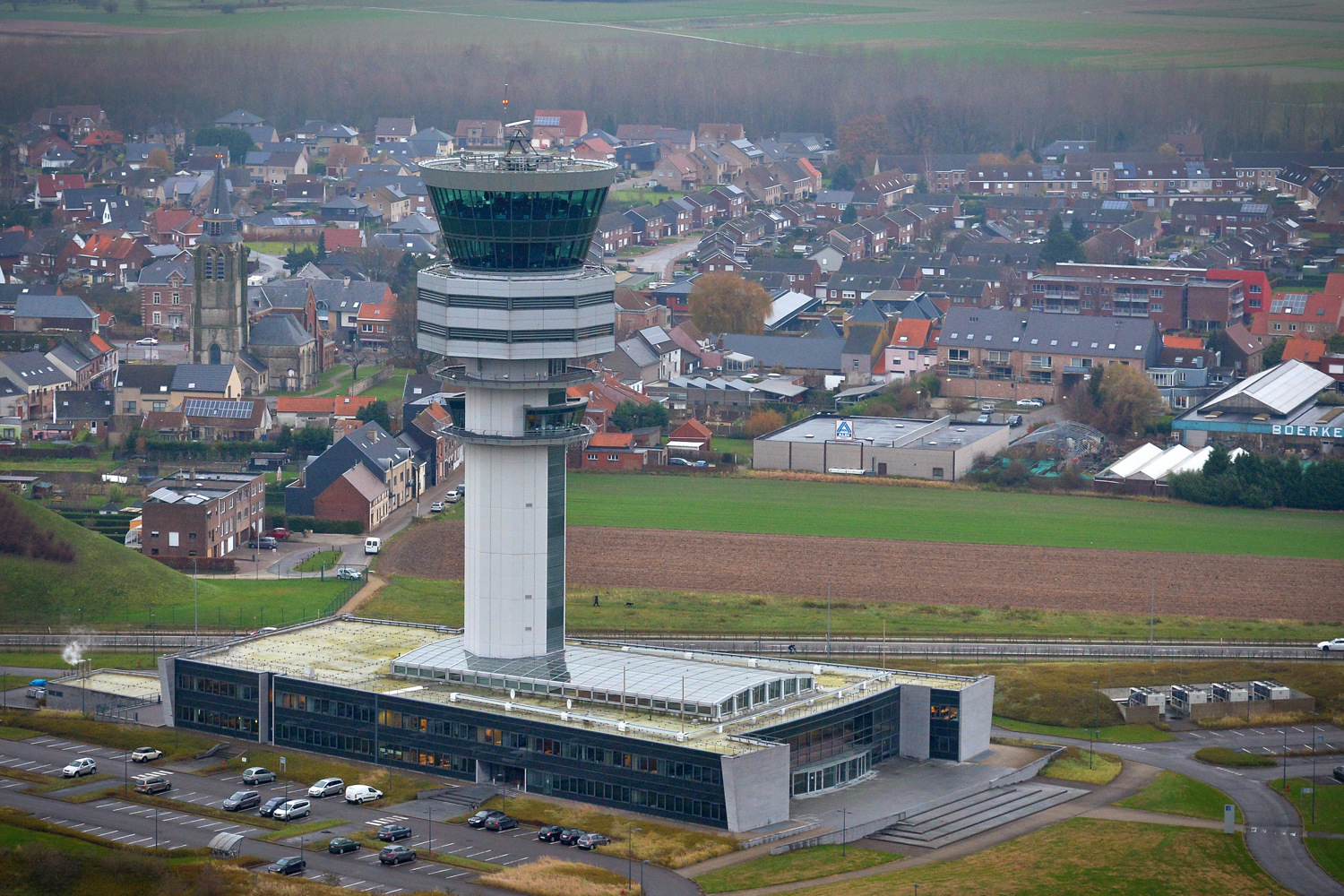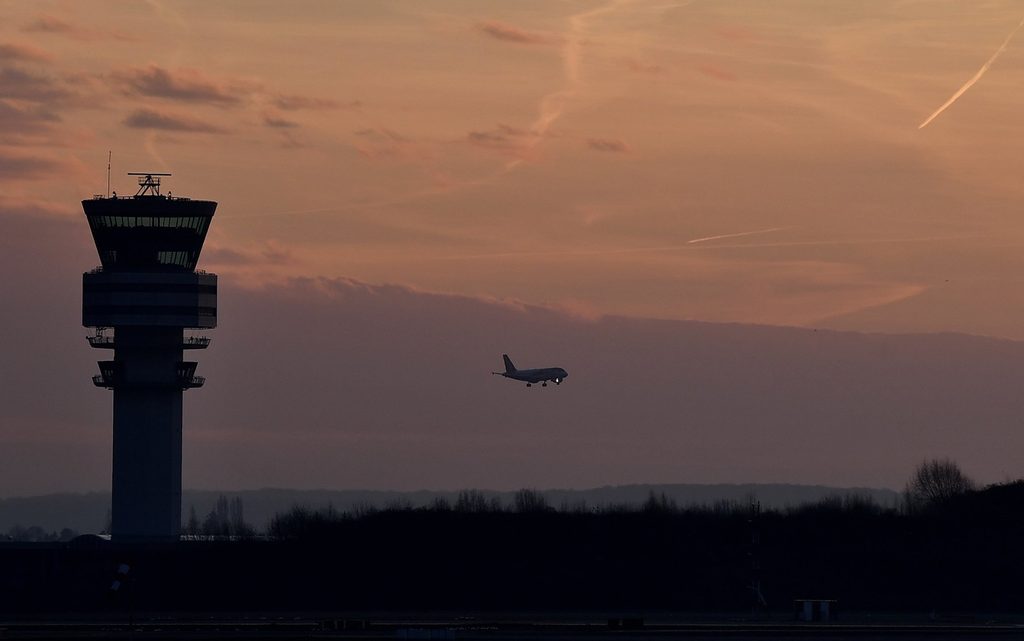A draft decree which includes a total ban on night flights between 23:00 and 06:00 in the morning has received mixed responses, with residents and nature organisations welcoming it, but many others calling it madness.
Solving the noise pollution at Brussels Airport in Zaventem has been a long-running issue, dubbed "one of the most complicated in Belgian politics" by Belgium’s Federal Mobility Minister Georges Gilkinet. The last decree on the maximum noise level for each aircraft taking off and landing here dates back to 2009.
He is urgently looking to alleviate and protect the more than one million people living nearby the country's largest airport across the three regions, many of whom are exposed to above-average sound levels, which have a major effect on their health.
On Friday, Gilkinet of the French-speaking Green party Ecolo presented a draft ministerial decree in inter-cabinet consultations aimed at reducing noise and environmental pollution once and for all. He argued that the file has been stuck for far too long because no consensus solution could be found among the various parties involved.
"I had committed myself, in line with the coalition agreement, to work methodically to reduce noise pollution. I do this in the general interest of all local residents, whether Flemish, Brussels or Walloon and with respect for the economic interests of the airport and the 65,000 people who work there," he said.
Dividing opinions
The overall revision, which Gilkinet intends to introduce at the end of 2024, is expected to lead to an overall 20% reduction in noise. One way Gilkinet's decree aims to do this is by providing new "quota counts" (QC), referring to the maximum permissible noise levels. More noise will be allowed during the day and less during early morning, evening or weekends.
However, the core of the decree is to abolish this noise specifically at the "most sensitive times," such as at night, early in the morning, in the evening and during the weekend. A notable measure that is included to do so is a total ban on night flights between certain hours, arguably the most controversial element of the decree.
"Everyone has a right to peace and quiet nights. I fully intend to defend this quality of life," Gilkinet said. According to the new decree now on the government's table, these completely quiet nights, which currently only see a ban on flights during the night on Fridays, Saturdays and Sundays, will be applied seven days a week and will start from 23:00.

Credit: Belga
The residents' groups involved and the Flemish Association for a Better Environment (BBL) welcomed the proposal with open arms, speaking of "a milestone for the health of local residents" and "a beautiful first step towards a sustainable and future-oriented management of the national airport."
However, as expected, Brussels Airport itself has responded in dismay, arguing that if the decree is implemented, it could have "unseen negative consequences for employment, connectivity, exports and the country's economy." The company argued that the decisions were being made "without any consultation or coordination with the airport and aviation sector," adding that it disregards the European procedure to impose restrictions.
Meanwhile, the Flemish network of companies Voka has said abolishing night flights is a "crazy idea that should be immediately trashed," and called on the federal coalition partners to reject the idea, which it noted could put thousands of jobs and prosperity for an entire region at risk.
But BBL argued that other European airports where night flights are substantially restricted are still operational and economically viable. BBL's Jasper Wouters explained that the ban essentially has a repercussion on DHL's just-in-time business model, but argued that rather than operating flights at night, the delivery time of parcels can simply be shifted to a later point in the day.
Tweet translation: "Berlin, Düsseldorf, Frankfurt, Luxembourg, Zurich, Warsaw, Milan, Schiphol ... already substantially limited the number of night flights to protect the health of local residents. They are still operational and economically viable."
"In return, the hundreds of thousands of local residents get their sleep back, which translates into better performance at school and in the workplace, and an overall saving of €1 billion in health costs."
The proposal has already triggered political anger, with the main argument being the risk of losing jobs. Open VLD argued that the ban on night flights is "outright playing with our prosperity. "For every two planes that don't land here, we lose one full-time job. Day after day. That is completely irresponsible," said the party's MP Tim Vandenput.
N-VA, in opposition at the federal level and a member of the government in Flanders, is also unsympathetic to the proposal, arguing that this will only further contribute to unemployment in the area.

